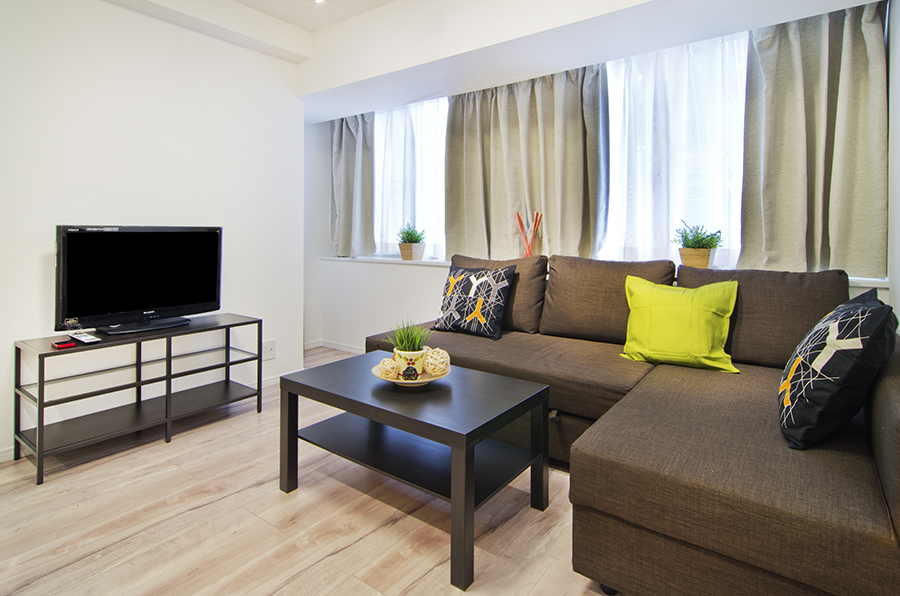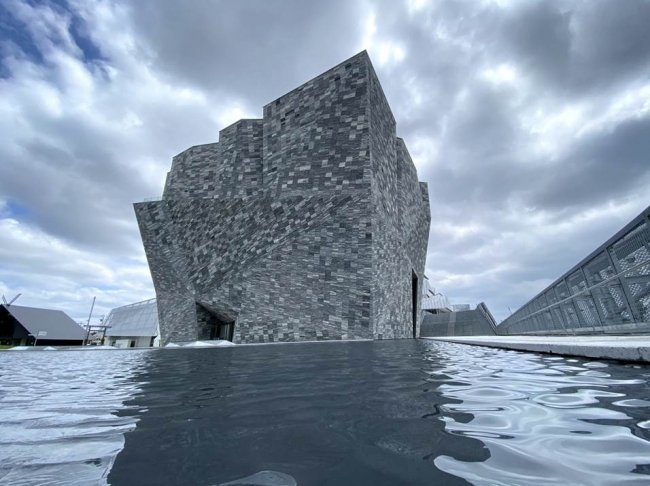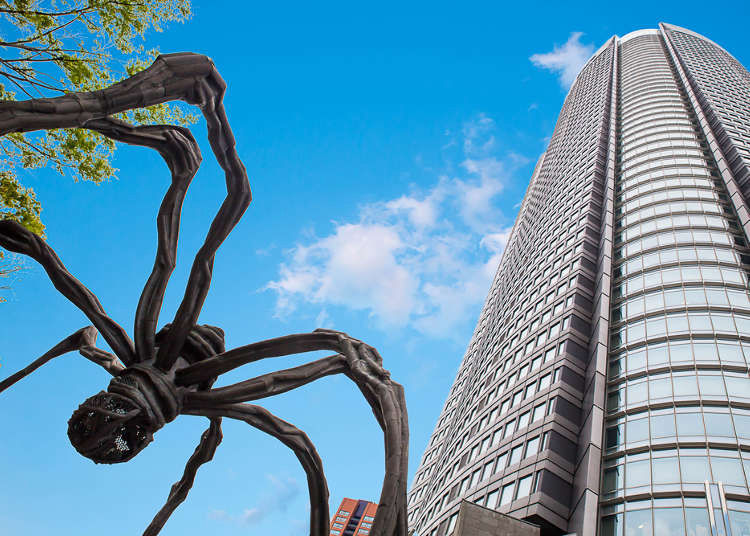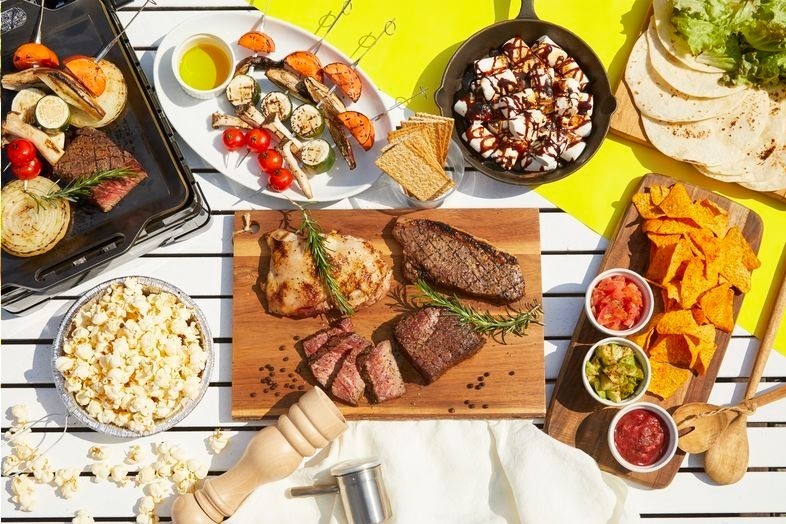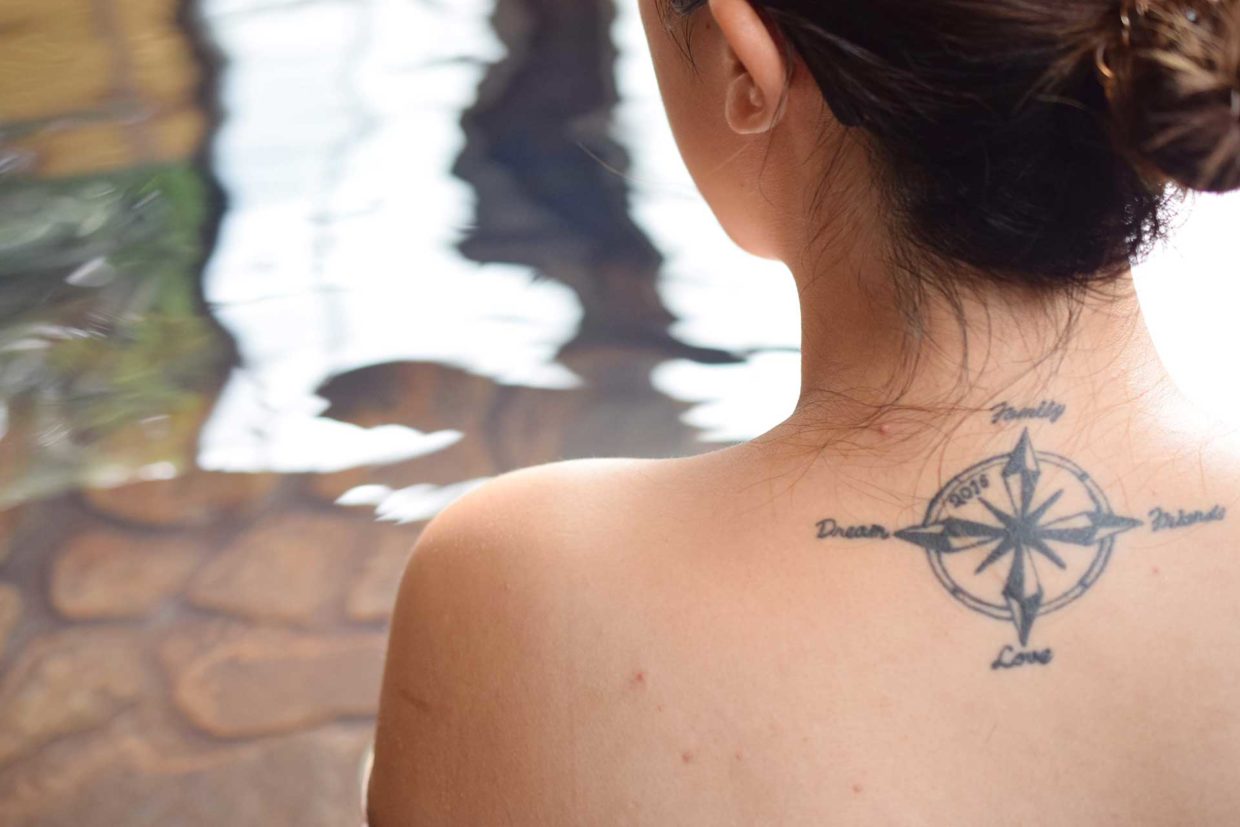How to furnish your apartment in Tokyo
Most of the rental apartments in Japan and in Tokyo are completely unfurnished when you first move in. In this post we will explain how to furnish your apartment in Tokyo
Offline stores
In Tokyo, there is plenty of furniture stores. Starting from chain shops such as Ikea and Nitori (Japanese Ikea) to furniture boutiques located in fancy areas, such as Meguro and Aoyama, to secondhand and antique shops.
Online stores
Some of the offline stores also have their homepages, where you can shop for furniture without leaving your home. Most of the websites are in Japanese, but everything is pretty much straight forward and online shopping should not be an issue.
Online services
By online services we mean not official online shops, but websites such as craigslist, or Facebook groups, or Mercari.
Furniture rental services
In Tokyo, since many people come here only for a short term and do not invest money into buying furniture and try to rid of it when moving out, some services provide furniture for rent. For more information about this option, you might want to contact services such as Gaijinpot Housing Service.
Furnished apartments
Last but not least! You have the option of renting a furnished apartment with us! Tokyo Furnished provides weekly apartments, monthly apartments, and long-term furnished apartments. The apartments are located in the central areas, such as Roppongi, Shibuya, Shinjuku, etc.
